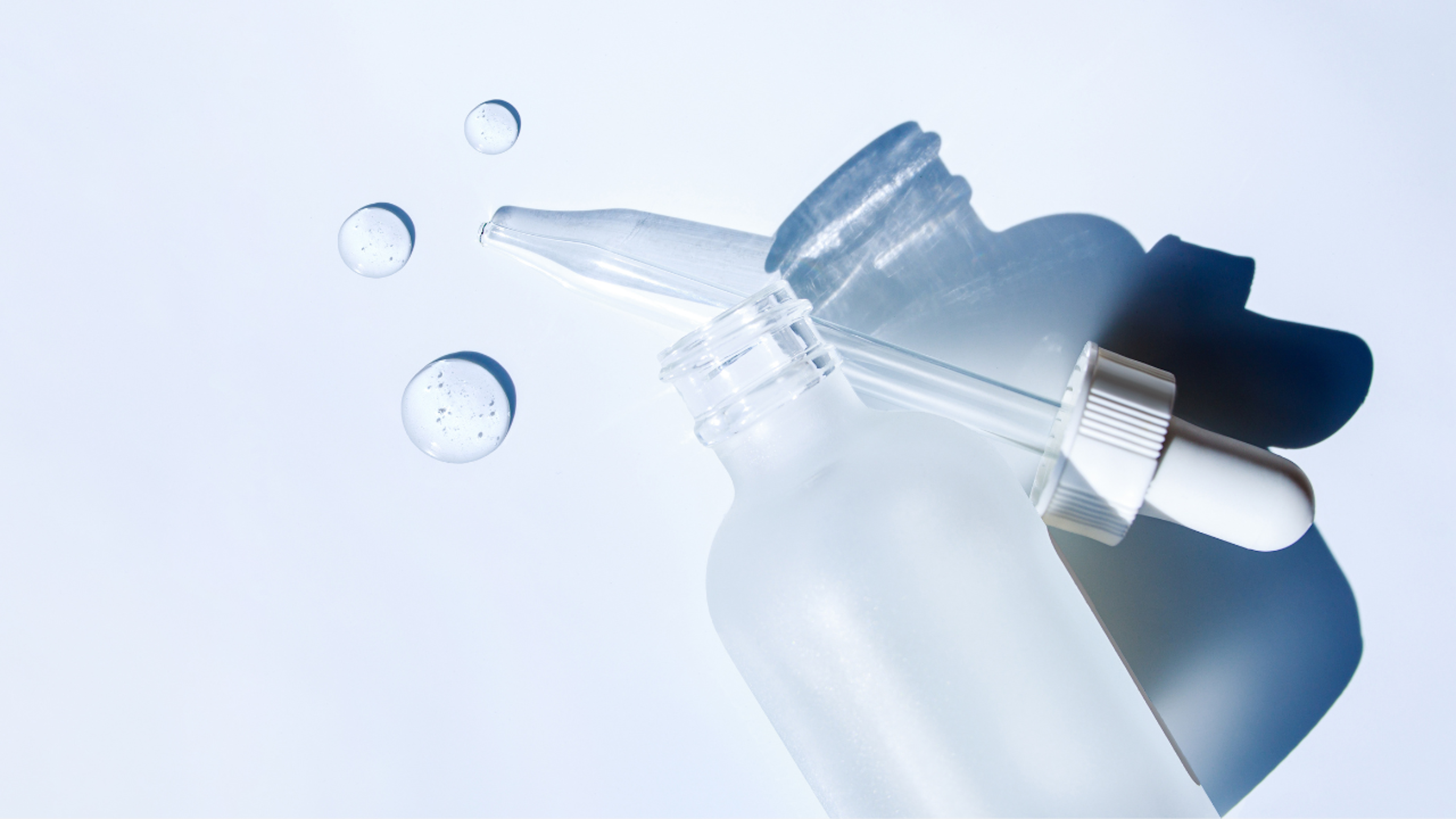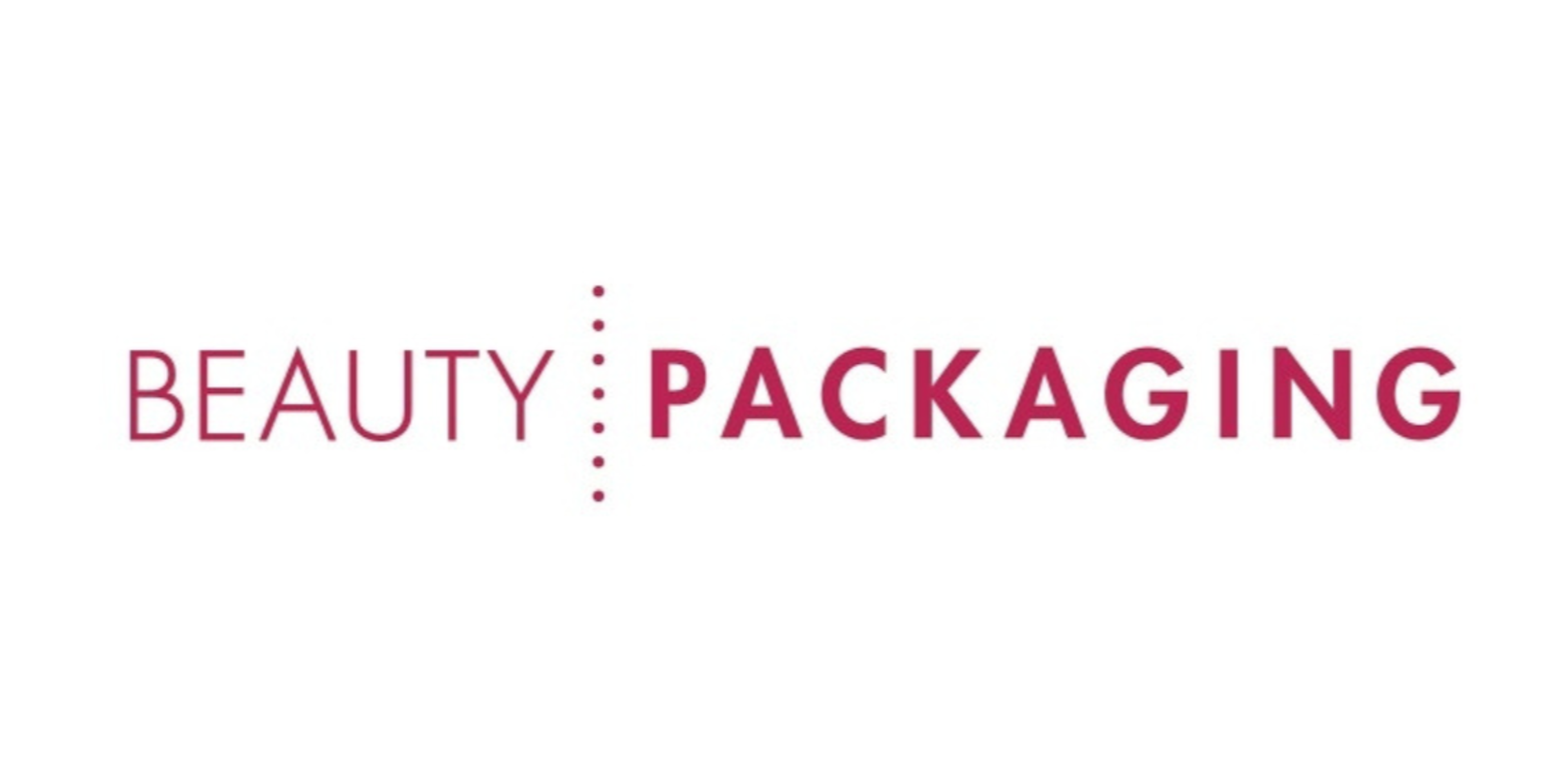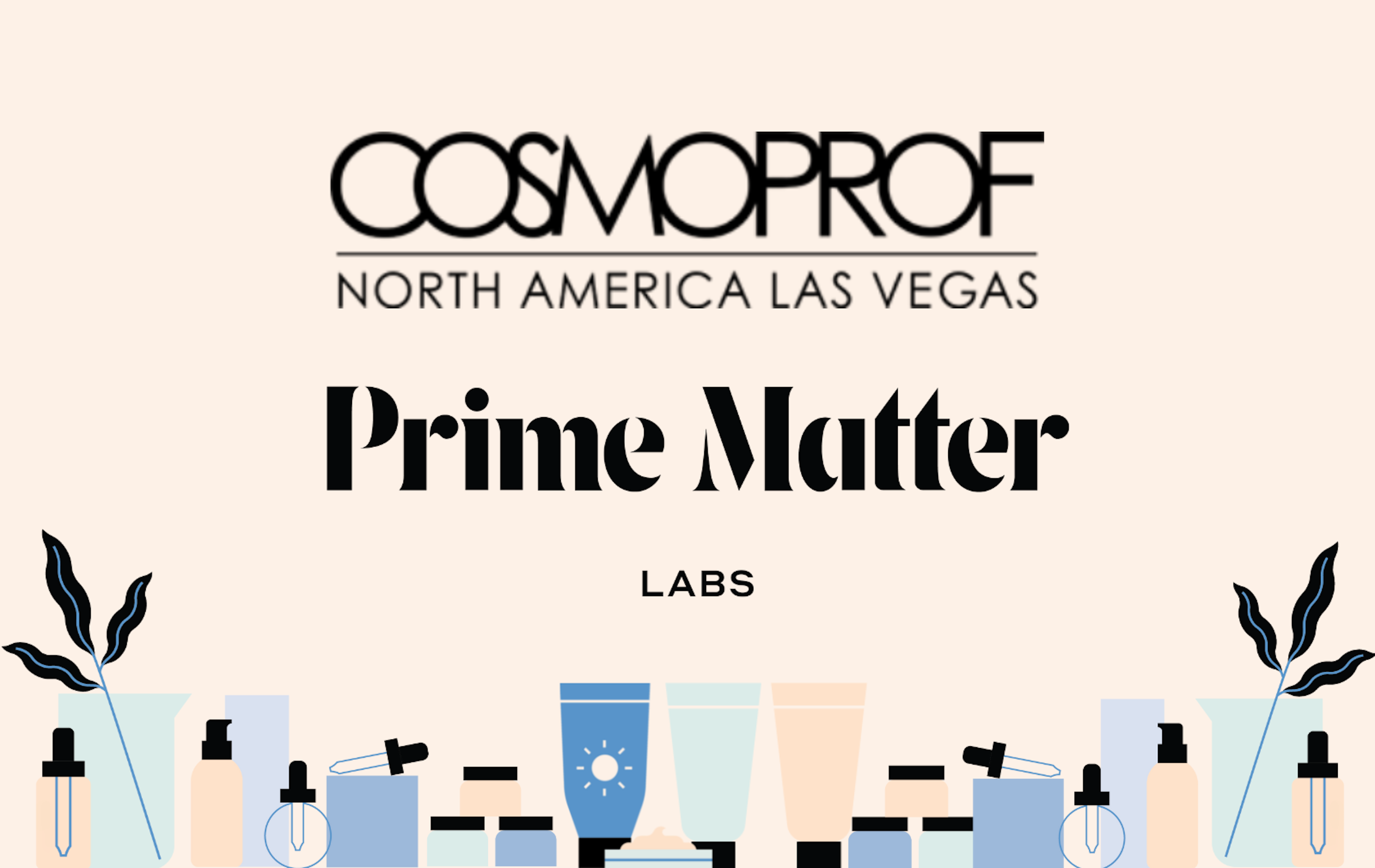
There are two regulatory paths for an OTC Drug products to be manufactured and sold in the US: OTC drug approval through NDA (New Drug Application) or the OTC drug Monograph process. Both pathways use scientific methods to establish the safety of a product for American consumers. A primary difference is that approval of an NDA results in the approval to sell a specific finished drug product, whereas the OTC drug monograph process focuses on the safety and effectiveness of one or more active ingredients.
NDA
NDA is a process for the brand or drug sponsor to formally propose that the FDA approve a drug for sale and marketing in the United States. The final product must be approved by the FDA which requires presenting substantial evidence from clinical trials to prove safety and effectiveness for its proposed use and that its benefits outweigh the risks. The FDA will also consider whether labeling is appropriate and whether the methods used to manufacture the drug and the controls used to maintain the drug’s quality are adequate to preserve the drug’s identity, strength, quality, and purity. The NDA system is also used for new ingredients and for prescription products that seek to switch to OTC status.
MONOGRAPH
Most OTC products go to market through the monograph process because it provides a lower regulatory burden for brands and helps to keep development costs low. OTC monographs are essentially rules or guidelines for acceptable ingredients, dosage strength, dosage form, formulation, claims guidance, and labeling necessary and appropriate for the safe and effective use of that drug. The FDA has already evaluated the safety and effectiveness evidence as part of its monograph rulemaking, so if the drug product complies with the conditions of the monograph, premarket approval is not necessary. The FDA has published monographs for a number of OTC drug categories, including acne medications, skin protectants, sunscreens, and treatments for dandruff, seborrheic dermatitis, and psoriasis.
However, some monographs remain tentative or proposed without being made final for long periods of time because of the burdensome, multistep rulemakings process used to establish or amend monographs. This results in some OTC drugs being on the market without final safety and effectiveness determinations, or until its class of drugs is finalized as a regulation. Once the FDA has made a final determination on the status of an OTC drug category, the products must either be the subject of an approved NDA or comply with the appropriate monograph for an OTC drug.
The FDA categorizes OTC Monographs Active Ingredients as:
- Category I — Generally Recognized as Safe and Effective (GRASE)
- Category II — Not GRASE
- Category III — Insufficient data available to permit final classification
The current confusion in the sun care industry, for both brands and consumers, is an example of how the system has its flaws. Officially, there are only two sunscreen ingredients currently labeled as GRASE (Generally Regarded As Safe and Effective), while other ingredients are currently in limbo as the FDA collects more data. Most sunscreens currently on the market will contain ingredients that fall under Category III, allowing them to still be produced and sold until the FDA hands down its final assessment. (See our article on Mineral vs. Chemical Sunscreen for more details.)
Updates to the Process
The 2020 Coronavirus Aid, Relief, and Economic Security Act (CARES Act) included two revisions to update the process and make it more efficient. It introduced the Over the Counter Monograph User Fees Program (OMUFA Act). "Over the Counter Monograph User Fees Program ")) that will help fund a portion of FDA’s regulatory activities for OTC monograph drugs, and help the agency conduct regulatory activities in a timely manner. The FDA has agreed to adhere to performance goals, including to review submissions within specific time frames.
It also replaced the three-phase monograph rulemaking process with an administrative order process for issuing, revising, and amending OTC monographs. This gives FDA the authority to issue an administrative order that adds, removes or changes GRASE conditions for an OTC Drug Monograph. The reform establishes an expedited process to address safety issues in a timely manner.
While these revisions are meant to provide more funding and resources for the FDA and help accelerate the process, the industry is still pushing to modernize cosmetics regulation which has not been updated since enactment of the Federal Food, Drug, and Cosmetic Act of 1938. For now, we will have to wait and see what changes will be made to ensure efficient innovation continues in the growing beauty and personal care industry.
Brands should continue to work with their manufacturer to decide which path is best for their product vision and ensure that their OTC products are formulated to comply with monograph guidelines.
Learn more about OTC Drug Products: The Difference Between Cosmetic and OTC Designations
Prime Matter Labs offers tailored product development and production, adapting and innovating along with your business. Work with our team to capture exactly what it's going to take to meet your consumers’ unique needs. Contact your Prime Matter Labs Project Manager or start your project here.













